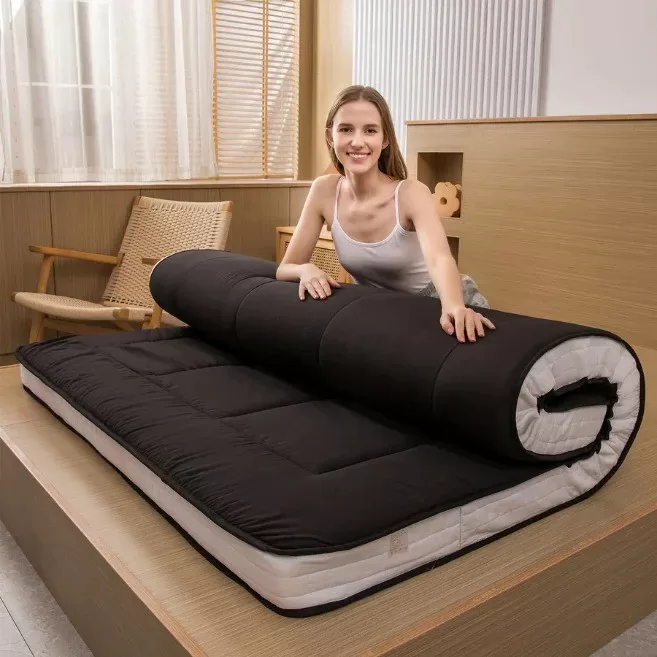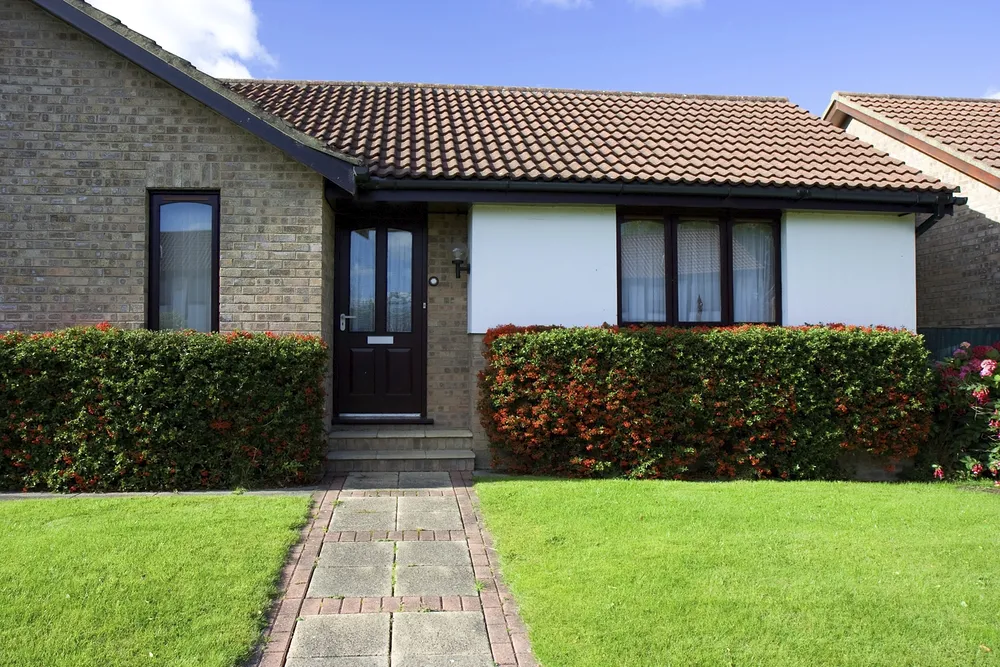There is no limit on how many VA loans you can have in your lifetime. However, the amount you can borrow without a down payment will depend on how much of your VA entitlement you have used.

Your VA entitlement is the amount of money the VA will guarantee on a VA loan. The VA guarantee protects the lender against losses if you default on the loan.
Your entitlement is based on your service history. For example, if you served 20 years on active duty, you have full entitlement. This means you can borrow up to the VA loan limit without a down payment.
If you have used some of your entitlement, you will have a reduced entitlement. This means you will need to make a down payment on a VA loan. The amount of the down payment will depend on how much of your entitlement you have used.
You can use your VA entitlement to buy a primary residence, a second home, or a rental property if you live in one of the units as a primary residence of a duplex, triplex, or quadplex. However, you can only have one VA loan at a time for a primary residence.
If you want to buy another primary residence, you will need to pay off your existing VA loan or use your second-tier entitlement.
Second-tier entitlement is a limited amount of entitlement that you can use to buy a home after you have used up your first-tier entitlement. To qualify for second-tier entitlement, you must have served at least 20 years on active duty and have a good credit score.
Second VA Loan FAQ: Frequently Asked Questions about Subsequent Use
What Is Va Loan Entitlement?
VA loan entitlement is the amount of money the Department of Veterans Affairs (VA) will guarantee on a VA home loan. The VA guarantees to protect the lender against losses if you default on the VA loan program.
VA loan entitlement is typically either $36,000 or 25% of the loan amount up to the conforming loan limit.
There are two VA loan entitlement types: basic and secondary entitlement; with basic, or primary, entitlement being $36,000.
- Basic Entitlement: the amount of entitlement you receive for your active-duty service. You can use basic entitlement to buy a home with no down payment. The amount of basic entitlement you have depends on your service history.
- Secondary Entitlement: this is the amount of entitlement you can use to buy a home after you have used up your basic entitlement. Secondary entitlement is equal to 25% of the loan amount up to the conforming loan limit.
Read Also:
How to Calculate Your VA Entitlement
To calculate your VA entitlement, you will need to know the following:
- Your Service History: How long did you serve on active duty? Were you ever discharged for a service-connected disability?
- The Loan Amount: How much do you want to borrow?
- The Conforming Loan Limit: The conforming loan limit is the maximum amount you can borrow with a conventional loan. The conforming loan limit varies by county.
Once you have this information, you can use the following formula to calculate your VA entitlement: VA entitlement = (loan amount – down payment) /.25 For example, if you want to borrow $200,000 and you have a $10,000 down payment, your VA entitlement would be: VA entitlement = (200,000 – 10,000) / .25 = $76,000 This means you can borrow up to $76,000 with no down payment.
You can use your VA entitlement to buy a primary residence. It is possible that your past primary residence becomes an investment property in the future but not at the time of purchase. If you want to buy another primary residence, you will need to pay off your existing VA loan or use your second-tier entitlement.
Second-tier entitlement is a limited amount of entitlement that you can use to buy a home after you have used up your first-tier entitlement. To qualify for second-tier entitlement, you must have served at least 20 years on active duty and have a good credit score.
Can I Buy Again After Defaulting on a VA Loan?
Yes, You Can Buy a Home Again After Defaulting on A Va Loan. However, There Are Some Restrictions.
- You must wait at least two years after the foreclosure is finalized.
- You must have a good credit score and be able to show that you can afford the new mortgage payment.
- You may need to make a down payment on the new home.
- You may have a reduced VA loan entitlement.
The VA will consider your individual circumstances when determining whether to approve you for a new VA loan. If you have a good reason for defaulting on your previous loans, such as a job loss or medical emergency, and you can show that you are now able to afford a mortgage, you may be able to get a new VA loan.
It is important to speak with a VA-approved lender to discuss your specific situation and to get pre-approved for a loan before you start looking for a new home.
Here are some tips for getting a VA loan after defaulting on a previous loan:
- Get Your Credit in Order. The VA will look at your credit score when determining whether to approve you for a new loan. Make sure to pay your bills on time and to keep your credit utilization low.
- Get A Pre-Approval Letter from A Lender. This will show sellers that you are serious about buying a home and that you have been pre-approved for a loan.
- Be Prepared to Make a Down Payment. The VA may require you to make a down payment on your new home, even if you have used your entitlement in the past.
- Be Prepared to Explain Your Previous Foreclosure. The VA will want to know why you defaulted on your previous loan. Be prepared to explain the circumstances and to show that you have taken steps to avoid a similar situation in the future.
If you are a veteran who has defaulted on a VA loan, you may still be able to buy a home again. By following these tips, you can increase your chances of getting approved for a new VA loan.

What is One-Time Entitlement Restoration?
The One-Time Restoration of Entitlement (OTE) is a VA benefit that allows veterans to regain their full entitlement after using it to purchase a home. This means that veterans who have used their VA loan entitlement to purchase a home can still purchase another home without having to make a down payment.
Am I Elibible for A One Time Entilement Restoration?
To be eligible for OTE, veterans must meet the following requirements:
- They must have used their VA loan entitlement to purchase a home.
- They must have paid off the VA loan in full.
- They must not have any other VA loans outstanding.
- They must have a good credit score.
How Can Veterans Who Meet These Requirements Apply for Ote?
Submit a VA Form 26-1880 to the VA. The VA will review the application and determine if the veteran is eligible for OTE. If the veteran is approved for OTE, they will receive a Certificate of Eligibility (COE) that shows their full entitlement.
OTE is a valuable benefit for veterans who want to purchase a second home or rental property. It can also be helpful for veterans who want to refinance their current home and get a lower interest rate.
What Are Some of The Benefits of Ote?
- It allows veterans to purchase a second home or rental property without having to make a down payment.
- It can help veterans save money on their mortgage interest payments.
- It can help veterans build equity in their home(s).
If you are a veteran who has used your VA loan entitlement to purchase a home, you should consider applying for OTE. It could be a valuable benefit that helps you achieve your homeownership goals.
What Are the Limitations of Ote On The Va Home Loan?
- It is only available once.
- It only applies to VA loans.
- It does not apply to other types of loans, such as FHA loans or conventional loans.
- The VA may require veterans to pay a funding fee for OTE.
What Is Partial or Reduced Entitlement?
If you have used some of your entitlement, you will have a reduced entitlement. This means you will need to make a down payment on a VA loan. The amount of the down payment will depend on how much of your entitlement you have used.
How Many Va Loans Can You Have in A Lifetime?
There is no limit on how many VA loans you can have in a lifetime. However, the amount you can borrow without a down payment will depend on how much of your VA entitlement you have used.
Can I Use a Va Loan Twice?
Yes!
Can I Have Two Va Loans at The Same Time?
Yes!
Can A Va Loan Be Used for A Second Va Loan After Paying Off a Previous Va Home Loan?
Yes!
Can I Have Two Va Loans?
Yes, if you qualify!
What Is Bonus Entitlement?
Bonus entitlement, also known as an additional entitlement or tier 2 entitlement, is a type of VA loan entitlement that allows veterans to borrow more than the standard $36,000 entitlement. Bonus entitlement is available to veterans who have served at least 20 years on active duty and have a good credit score.
The amount of bonus entitlement that a veteran is eligible for depends on the veteran’s service history and the purchase price of the home.
For example, a veteran who served 20 years on active duty and is buying a home that costs $400,000 would be eligible for $16,000 in bonus entitlement. This would allow the veteran to borrow up to $56,000 without a down payment.
The remaining entitlement can be used to buy a primary residence, a second home, or a rental property where you live in one of the units of a duplex, triplex, or quadplex. However, it can only be used once. If a veteran uses their bonus entitlement to buy a home, they will not be eligible for it again.
Are Bonus Entitlement and One-Time Restoration the Same Thing on Va Home Loans?
No, see above.
Can A Veteran Use Their Va Loan Benefit for A Rental Property If They Don’t Live in The Rental Property?
No, a veteran cannot use their VA loan benefit for a rental property if they don’t live in the rental property. VA loans are designed to help veterans purchase a home for their primary residence, not for investment purposes.
Can I Use My Bonus Entitlement on A Va Construction Loan?
Yes, with the same procedure as a VA home loan.
Is Building a House with A Va Loan Possible If I Already Have a Va Loan?
It is common for US Armed Forces servicemembers and Veterans to build a house with a VA loan while still living in their current home with a current VA loan. In fact, they could sell their current home when they move into their new home.
Can I Rent My House with A Va Loan When I Pcs Transfer?
Yes, but there are occupancy rules on VA loans.
Can A Veteran Who Got a Va Loan Rent His Home Out in Less Than 1 Year After Buying A Home?
Yes, a Vet who received a VA loan can rent out his home in less than 1 year after purchasing, but there are criteria.
Usually, VA loans require that the borrower occupy the property as their primary residence for at least 12 months after closing. Although, there are a few exceptions to this rule, including:
- When a borrower is transferred to a new duty station within 12 months of closing, they can rent out the property without penalty.
- When the borrower becomes disabled within 12 months of closing, they can rent out the property without penalty.
- When the borrower dies within 12 months of closing, their heirs can rent out the property without penalty.
If a VET borrower doesn’t meet one of these qualifying exceptions, they might be able to rent out their home after 12 months, but they will have to pay a fee to the Department of Veterans Affairs. This fee is called the “occupancy guarantee fee” and it is typically around 2% of the loan amount.
How Does My Entitlement Amount Work If I Have a Home with A Va Loan and I’m Building a Home with A Va One-Time Close Construction Loan at The Same Time?
Remember on a va one-time close construction loan your closing happens upfront prior to the home being built. So whatever entitlement is outstanding at the time is the amount you’ll have to work with.
If you move into the new building and then sell your existing home this would happen after closing so it would not affect your loan.
The Funding fee is calculated based on usage and LTV, so if you have a VA loan when you close the OTC loan you would be subsequent users and be assigned the applicable funding fee.









